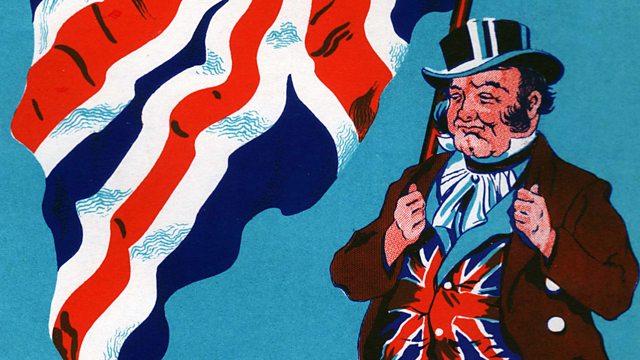10/09/2013
Anne McElvoy traces how, after 1918, mass democracy split conservatism. Moderates invented 'property-owning democracy' but militants wanted a powerful king and a return to the land.
Anne McElvoy tells the stories of big challenges that have spurred leading British conservative thinkers into action, from the French Revolution to the Permissive Society.
Episode 7: Anne traces how, after 1918, mass democracy and the spectre of red revolution split conservatism.
The moderates embraced the new situation. They countered the rising socialist movement by drawing on conservative values of family and property-ownership, aiming to appeal not least to the millions of new women voters.
A young Tory MP, Noel Skelton, invented the idea of the 'property-owning democracy' to encapsulate this new, inclusive, gentle approach.
In 1926, when the much-dreaded General Strike finally came, but ended peacefully, this seemed to bear out the moderates' ideas.
But there were those for whom all this was appalling. Militant conservatives disapproved of mass democracy, along with big business and much else in modern Britain.
And as mass unemployment and agricultural crisis spread in the 1930s, they banged the drum for a return to traditional social hierarchies, headed by a powerful King.
When a full-blown confrontation between politicians and monarchy threatened to break out in 1936, all this came to a head.
With: Professor Simon Ball, Professor Krista Cowman, Professor Jon Lawrence, Professor Martin Pugh
Producer: Phil Tinline.
Last on
More episodes
Previous
Next
Broadcast
- Tue 10 Sep 2013 13:4591热爆 Radio 4

